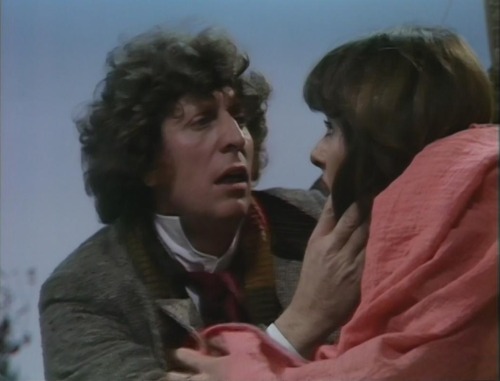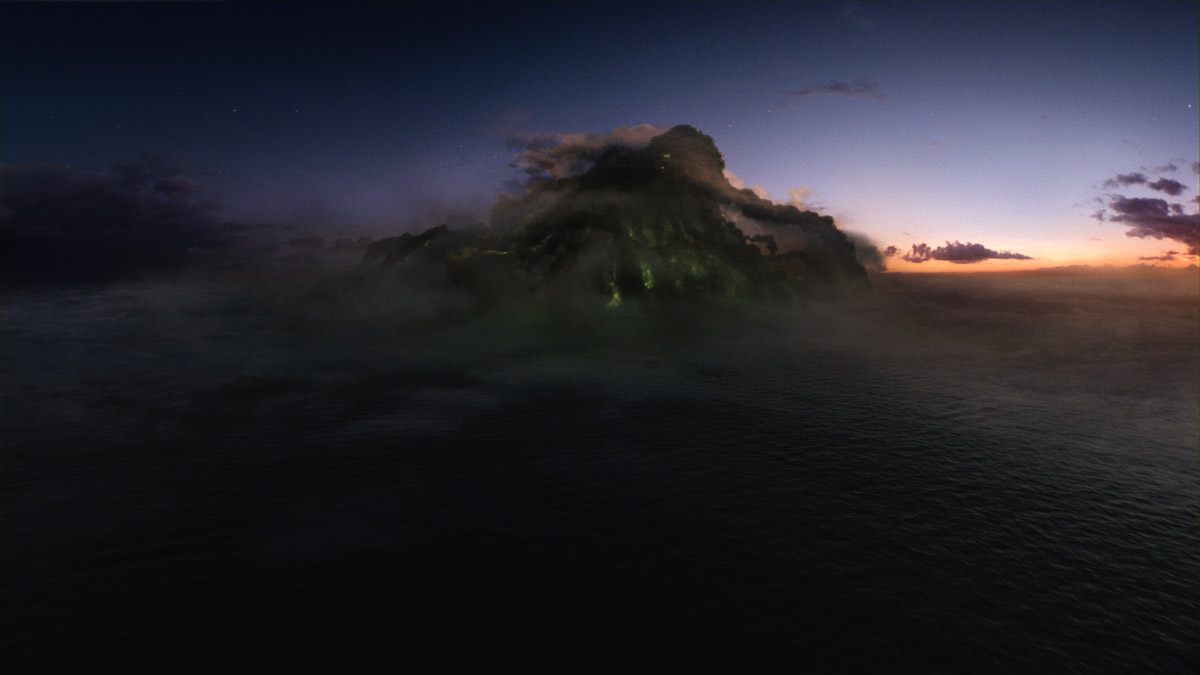In the second one, I was wandering through a half-built building when I saw a sonic screwdriver and various other tools. My first thought was great! I can have a sonic screwdriver now, if I can just keep these when I wake up. But Sarah Jane was in an asylum sort of place, so I asked to talk to her alone, and we broke and started running away. We tried to hid in a cupboard, but Four showed up and just hugged me….
And this is going to sound insane, but I felt so safe, so perfectly secure in that moment. And then we all ended up back at UNIT in the ’70s, and I was like “You’re a time traveler—you were looking for those things in the cupboard but they were covered in dust so they must have been there forever….” It was really cool.

Anyway, while at work tonight, I decided I wanted to watch Doctor Who tonight, either continuing with Web of Fear or watching something with Sarah Jane. I thought...badass adorable, hurt/comfort--ah! Brain of Morbius! While the plot is primarily a Frankenstein retelling with a dying priesthood subplot, the acting is absolutely brilliant. But the high point is the acting--from the Doctor and Sarah's arrival on a strange planet to their causal banter
(in response to a comment on his head)
Doctor: I used to have an old grey model before this. Some people liked it.Sarah: I did!If you don't stop wallowing in self pity, I'll bite your nose.
Doctor: But I prefer this model.
At the end of part 2, Sarah is blinded by a flash of light while rescuing the Doctor. On the advice of Solon (who has already expressed interest in the Doctor's head), the Doctor goes back to the same people Sarah just saved him from in order to get an elixir to treat it. Meanwhile, Sarah overhears Solon talking to Morbius about the trap he laid for the Doctor. So, while blind, she stumbles across the rocky plains to warn the Doctor. I mean, that's some serious determination! And then, while still blind, Solon forces her to serve as his assistant in the Frankenstein operation! Girl, you just don't quit, do you?




